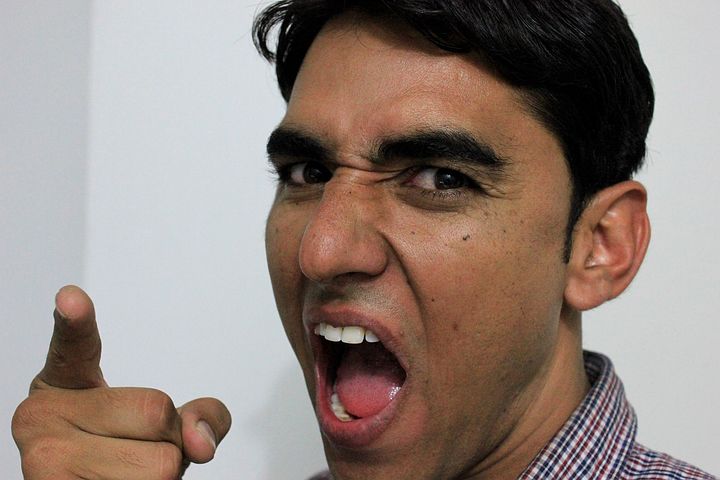 |
|
What I Did When Someone Wounded Me
Recently, someone took a pretty enormous swipe at me online, accusing me of a serious breach of trust and of causing irreparable harm. The facts cited and the accusations posited are entirely false. The things said about me were pretty brutal and the person who wrote them never contacted me to clarify what actually happened, despite the fact that we know one another personally.
Nevertheless, I chose to not respond.
This time of year, the Jewish people, individually and collectively, are asking God to forgive us for all the hurtful, wrongful, sinful actions we’ve done since last Yom Kippur.
One way of categorizing mitzvot is to divide them into two groups - Bein Adam LaMakom - those mitzvot that exist between a person and God, such as not taking God’s name in vain, and Bein Adam Lechavero - those mitzvot that exist between a person and other people, such as not speaking lashon hara - gossip or evil speech - or giving charity.
As an aside, there is a third category, suggested by the Vilna Gaon, Bein Adam Le’atzmo - those mitzvot that exist between a person and themselves, such as Torah study, which helps us grow.
Just as these categories exist for mitzvot, so they exist for sins. Some people, for example, are punctilious about their religious obligations, but not so nice to others. We would say that such a person excels in Bein Adam LaMakom, and their relationship with God might get a lot of attention, but their Bein Adam Lechavero needs some tending to.
Similarly, some people excel in Bein Adam Lechavero. They are kind, generous and helpful to others, but not so careful about the Bein Adam LaMakom things, the observances that God commanded of the Jewish people, such as keeping Shabbat and eating kosher food.
Ideally, a Jew is attentive to nurturing all three relationships - to God, to others and to themselves.
A few years ago, I made a list of a few things I wanted to improve in each relationship, with God, with others and with myself. It’s a useful way to think about how to do teshuva, how to polish our character during this introspective time in the Jewish calendar.
As for the person who spread vile charges against me and gave me a bum rap in a public forum, there is a prayer at the end of the Amidah that addresses this exact situation. It says:
“My God, guard my tongue from evil and my lips from speaking deceitfully. Let my soul be silent to those who curse me; let my soul be as dust to all. Open my heart to Your Torah, and let my soul eagerly pursue Your commandments. As for all those who plot evil against me, quickly nullify their counsel and frustrate their design.”
Of course I’m disappointed in the person who wrote things about me that were both unkind and untrue. But I’m working on my Bein Adam Lechavero. So instead of responding and causing an escalation, I’m taking advice from Pirke Avot (Ethics of the Fathers), which teaches that:
“All my days have I grown up among the wise and I have not found anything better for a man than silence.”
Even though I’m not a man.
 Where is the line between sharing things with friends, or insulting your family or friends in public? See answers from Orthodox, Conservative and Reform rabbis here.
Where is the line between sharing things with friends, or insulting your family or friends in public? See answers from Orthodox, Conservative and Reform rabbis here.For more great Jewish content, please subscribe in the right-hand column. Once you confirm your subscription, you'll get an email whenever new content is published to the Jewish Values Online blog.
|
|
|
Jewish Values Online
Home | Search For Answers | About | Origins | Blog Archive Copyright 2020 all rights reserved. Jewish Values Online N O T I C E
THE VIEWS EXPRESSED IN ANSWERS PROVIDED HEREIN ARE THOSE OF THE INDIVIDUAL JVO PANEL MEMBERS, AND DO NOT
NECESSARILY REFLECT OR REPRESENT THE VIEWS OF THE ORTHODOX, CONSERVATIVE OR REFORM MOVEMENTS, RESPECTIVELY. |